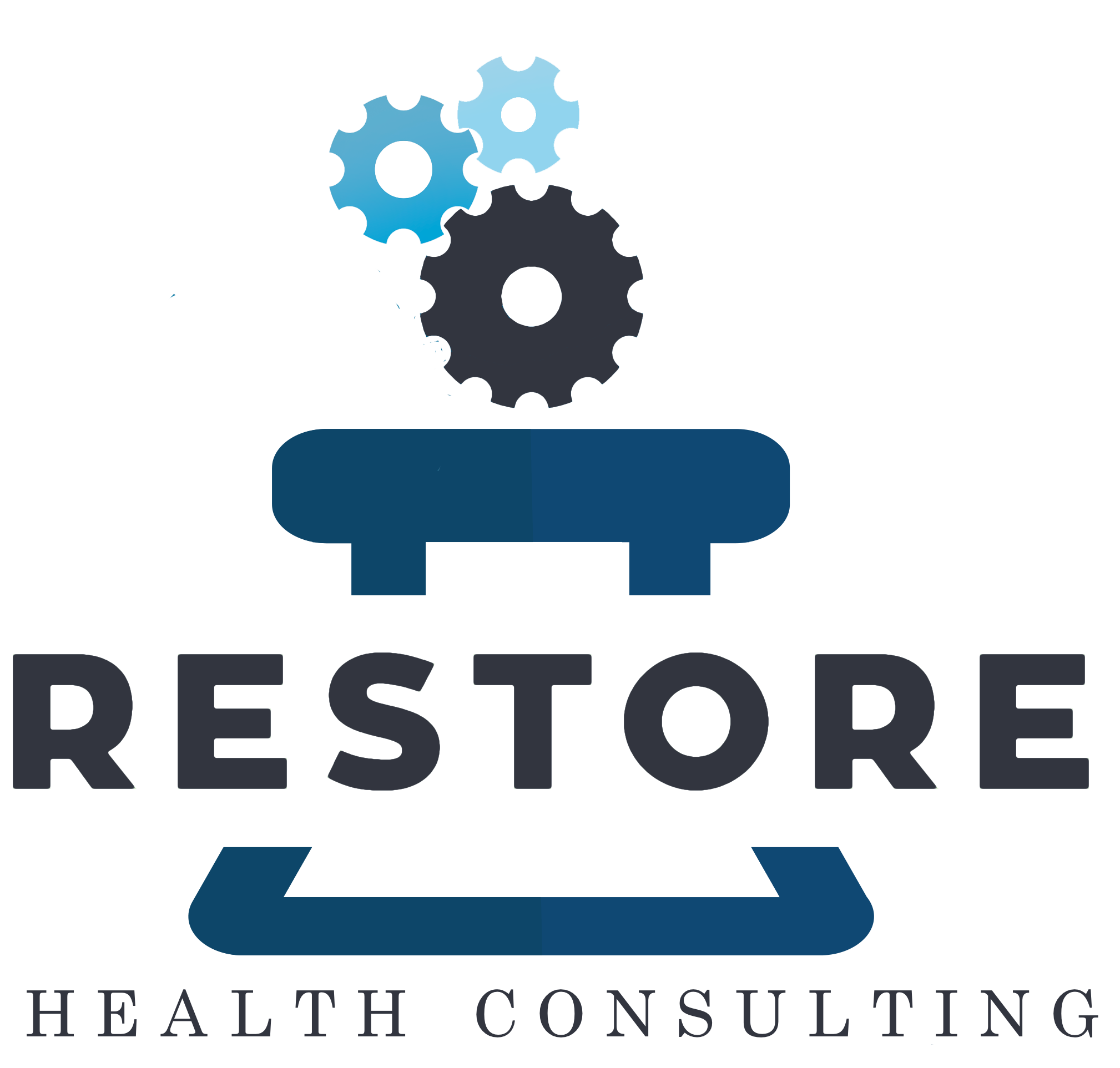The Changing Landscape of Menopausal Hormone Therapy: Recent Trends Show Dramatic Increase in Compounded Hormone Replacement Therapy Usage Over FDA-Approved Options
FDA-approved menopausal hormone therapy (MHT) products have seen a dramatic decrease in prescribing practices over the past decade, meanwhile, custom-compounded hormone therapy (CHT) preparations have become more popular.
Menopausal Hormone Therapy (MHT) and Custom-compounded Hormone Therapy (CHT)
Menopausal hormone therapy (MHT) has been controversial in recent years due to concerns over safety. FDA-approved formulations of MHT have seen a significant decline in prescriptions over the past decade, with a 61% decrease from 93 million to 36 million. During this same timeframe, there has been an increase in the use of custom-compounded bioidentical hormone replacement therapy for the treatment of menopausal symptoms.
The Study - Menopausal Hormone Therapy (MHT) Usage
JoAnn V. Pinkerton, MD and Ginger D. Constantine, MD, developed a study several years ago, that reported menopausal hormone therapy usage in the US, stratified into FDA-approved and compounded hormone replacement therapies.
Study Objectives – What are the Costs, Types, and Volumes Sold of CHT by US Pharmacies
The objective of this study was to investigate the prescribing patterns, prevalence and costs of custom-compounded hormone therapy (CHT) sold by US pharmacies. To achieve this goal, the researcher’s purpose was to determine the number, volume, and overall costs of CHT prescriptions filled by US pharmacies.
They analyzed the quantity and types of CHT provided by US compounding pharmacies and wanted to shed light on the extent of CHT use and its economic impact on the healthcare system.
A representative sample of 12,250 pharmacists in the US who provide compounding services were asked to participate in an online survey. The sample represents both independent community pharmacies (ICPs) and independent compounding pharmacies (CPs) with less than 50 stores.
The survey collected data on the types of CHT formulations provided, the volume of CHT prescriptions filled, and the costs associated with CHT compounding.
The Study Results – Compounding Pharmacies Filled More CHT Prescriptions
The results of this study are based on an online survey conducted among a representative sample of 2902 pharmacists who provide compounding services in the US.
Of these, 685 pharmacies were identified as offering compounding services, and surveys were completed by 483 of these pharmacies, including 365 independent community pharmacies (ICPs) and 118 independent compounding pharmacies (CPs).
Based on the survey responses and extrapolated industry data, the study estimated that between 26 to 33 million custom-compounded hormone therapy (CHT) prescriptions are filled annually.
CPs accounted for a higher proportion of CHT prescriptions than ICPs, both in terms of overall annual prescribing (26% vs. 16%) and for individual CHT types.
The total sales volume for CHT was estimated to reach between $1.3 to $1.7 billion, based on an average compounded price of $50. More than half of ICPs (52%) and three-quarters of CPs (75%) expect continued growth of the compounding business, with most predicting 5% to 25% growth in the future.
These findings suggest the use of CHT is widespread and profitable, with CPs being the major providers of CHT formulations. The expected growth in the compounding business also suggests the use of CHT is likely to increase.
The Study Conclusion – Significant Portion of US market Consists of CHT
The study concluded that a significant portion of the US market for hormone replacement therapy consists of custom-compounded hormone therapy (CHT) prescriptions, and estimated that between 26 to 33 million CHT prescriptions are written annually at community and compounding pharmacies, supporting earlier consumer survey data indicating that 1.0 to 2.5 million women use CHT.
The study’s current total sales volume of CHT approached $1.3 to $1.7 billion, consistent with the consumer survey's reported expenditure of $1 to $2 billion. It emphasizes the need for education of prescribers and consumers on the differences between FDA-approved hormone products and compounded hormone formulations, given the nearly equivalent prescribing of CHT and FDA-approved hormone therapy and the expected growth of CHT.
This study was funded by TherapeuticsMD and was presented at The Endocrine Society's 97th Annual Meeting & Expo in 2015.
Compounding Industry Insights
The following insights can be gained from this study:
The decline in FDA-approved hormone replacement therapy usage and rise of compounded formulation use highlight the overwhelming consumer interest in personalized medicines.
At the same time, it is critical to ensure that patients have access to evidence-based quality treatments that prioritize their health and well-being.
It appears there is a growing need for more education regarding the different hormone replacement therapy options available.
It is crucial that consumers are informed of the risks and benefits of the different types of hormone replacement therapy formulations and also where they can find compounded preparations that consistently and reliably meet compounding industry quality standards.
At the same time, healthcare providers need access to evidence-based algorithms to aid their prescribing practices of personalized medicines when recommending compounded hormone replacement therapy.
Where Does Your Facility Stand?
If you’re looking to become compliant with the new USP requirements or if you wonder how you measure up, let consultants at Restore Health Consulting LLC perform a USP 795 or 797 gap analysis to assess your pharmacy or hospital compliance status against the new minimum standards and lead remediation planning if needed.
Resources
Disclaimer:
The information provided on this website does not, and is not intended to, constitute legal advice; instead, all information, content, and materials available on this site are for general informational purposes only. Information on this website may not constitute the most up-to-date legal or other information. Readers of this website should contact their attorney to obtain advice with respect to any particular legal matter.
